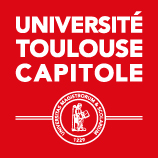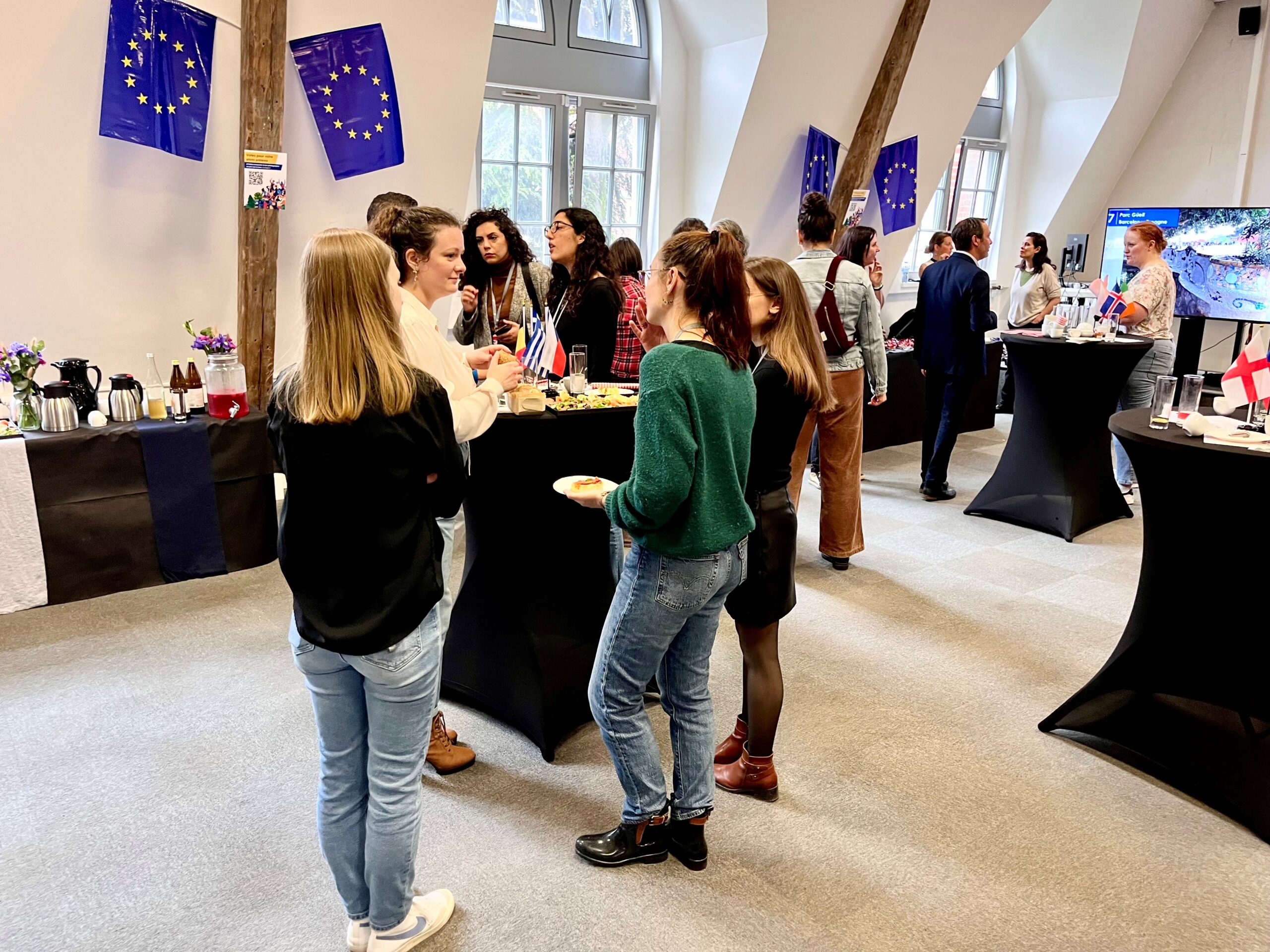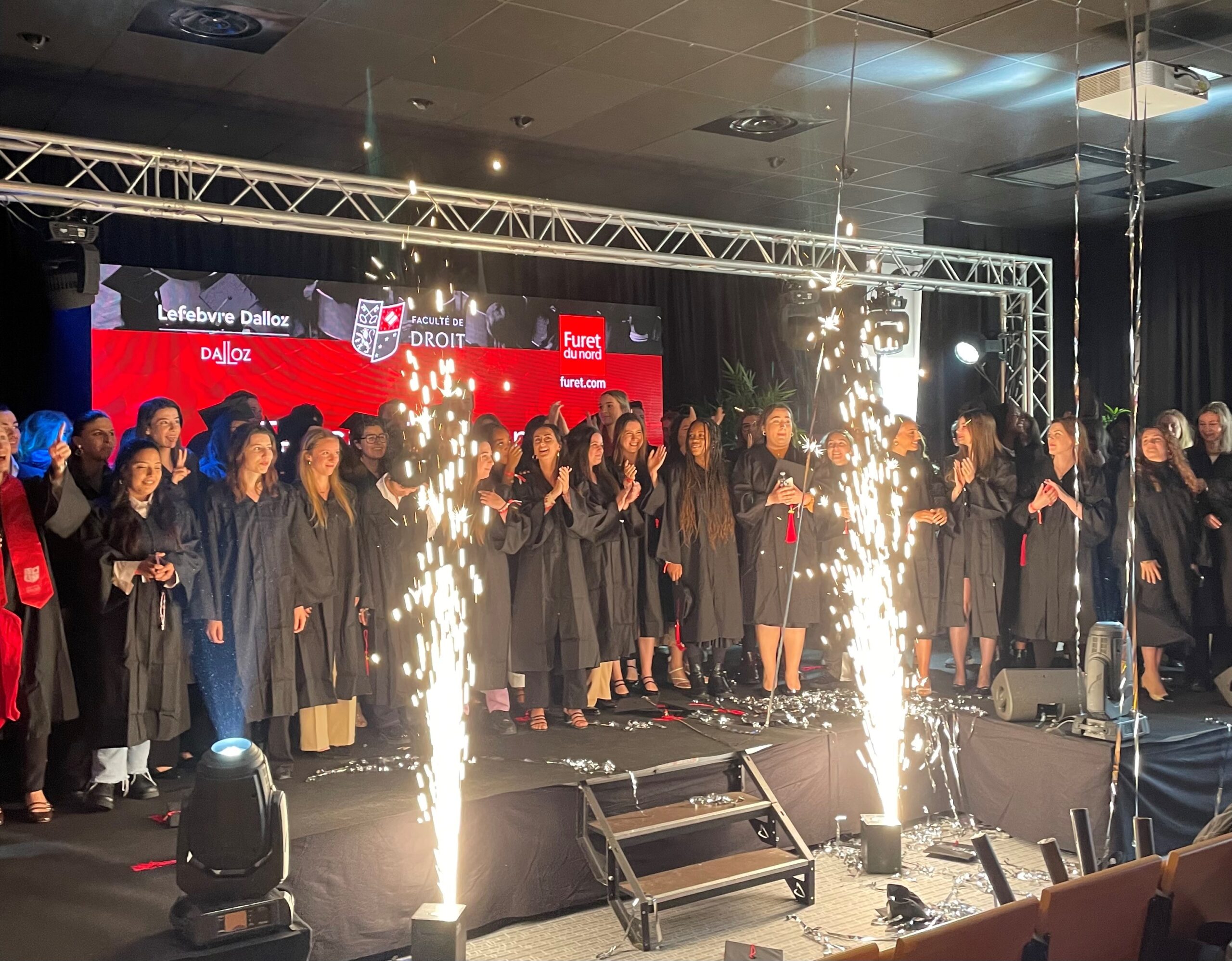FAQ: recognition of degrees, answers to all your questions!

The Faculty of Law has an agreement with the University Toulouse Capitole for the delivery of its diplomas. The student following the courses within our Faculty is thus given a diploma of this University.
All our degrees are therefore recognised by the State since they are issued by a Public University, Toulouse Capitole.
Frequently asked questions – everything you need to know about our programmes
- Why the Université Toulouse Capitole ?
The University of Toulouse Capitole is made up of 6 departments including a Faculty of Law. With a long and widely recognised tradition in the fields of Law and Political Science, it has diversified its research and teaching by developing high-level teams in economics and management sciences. The reputation of its School of Economics (TSE) and its Institute of Business Administration (IAE) has now spread far beyond national borders and is one of the leading research and teaching centres in Europe.
This university is therefore oriented towards the professionalisation of studies, quality teaching and the constant desire to internationalise its training courses and research teams, precepts that correspond to the functioning of the FLD.
- What are the FLD’s state-recognised courses?
UT1 is our sole contact for the two sites of Lille and Issy-les-Moulineaux, which benefit from a common agreement covering all levels of training: Bachelor’s degree, Master’s degree, doctorate and Habilitation to direct a research (HDR). Thus, all the courses offered by the FLD are under agreement with the Toulouse Capitole University.
- What are the advantages?
Thanks to this agreement, the Faculty benefits from a single interlocutor allowing the two campuses to function as a network and to offer a complementary range of training. The FLD retains its autonomy as regards the construction of its training offer and remains the decision-maker on all questions relating to its internal functioning (administrative, pedagogical, etc.).
- Who will choose the examination subjects? Who will correct the papers?
The examination subjects and papers are corrected by the teachers who have taught the courses during the academic year. The teaching and pedagogical devices put in place to guide our students on the path to success remain specific to the Faculty of Law (FLD).
- Do I have to retake the exams of the university with which the FLD has an agreement in order to obtain a state-recognised diploma?
No, the Faculty of Law is recognised for the high standards and quality of its teaching. Consequently, the courses and exams are not subject to any validation by the University with which we have an agreement. Thus, the students compose only once on the subject(s) of the teacher who has given the course during the semester.
- Will I have to register and/or re-register at Toulouse Capitole or at the FLD?
Registration or re-registration depends on procedures specific to the Faculty of Law (FLD). Consequently, any such procedure must be carried out with our Faculty.
- Should I contact Toulouse Capitole or the FLD to obtain my diploma?
For all administrative procedures, your contact is the Faculty of Law, whether it is a question of registration, re-enrolment or delivery of a diploma. Thus, when you graduate, you must contact the pedagogical secretariat of the FLD to obtain your diploma.
- If I want to leave the FLD, is there any obligation to continue my studies at the University of Toulouse Capitole?
There is no obligation to continue your studies at the University of Toulouse Capitole. By obtaining a nationally recognised diploma, you can register in any public or private university in France.
- Can this agreement be an obstacle to entering another public university?
No, your degree is a state-recognised diploma that allows you to enter the university of your choice, provided that you meet the selection criteria specific to each establishment.
Article edited the 27 January 2018
See also
International
International / Lille
Issy-les-Moulineaux / Students
Congratulations to our graduates from the Issy-les-Moulineaux campus!





